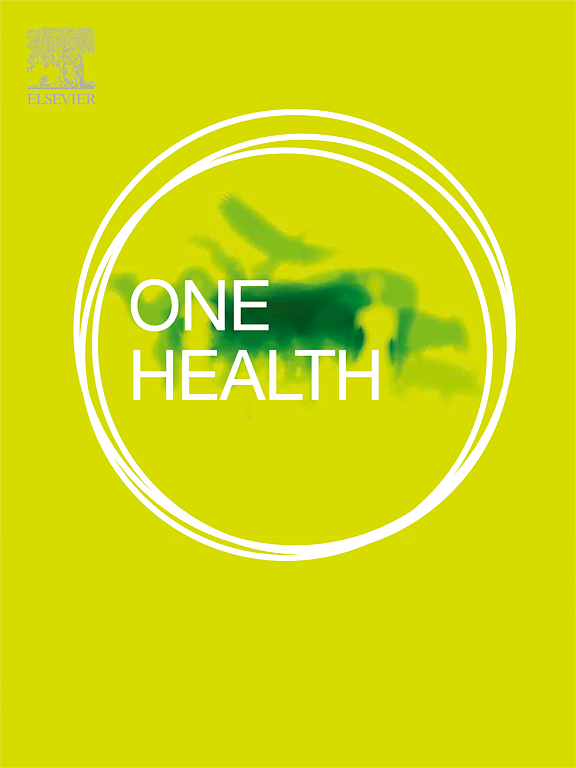Health-related dimensions of fishers for sustainable commercial fisheries in the Atlantic Gulf of Guinea: Ecological and social assessments
IF 4.1
2区 医学
Q1 INFECTIOUS DISEASES
引用次数: 0
Abstract
Health considerations are seldom integrated into non-state voluntary sustainability certification standards, despite industrial fishing being one of the most hazardous occupations, often resulting in significant health risks for fishers. These challenges not only affect individual fishers but also have broader implications for the socio-ecological sustainability of fisheries. This study explores the effects of certification programs on industrial fishing activities and their health and safety dimensions within a socio-ecological framework, focusing on the Atlantic shrimp fishery in Nigeria. A mixed-methods approach was employed, combining qualitative and quantitative data collection techniques. Data were gathered from experienced employees of Friend of the Sea (FOS) certified and non-certified (Business-as-Usual, BAU) industrial fisheries through questionnaires, complemented by semi-structured interviews with selected key informants. The study examines the relationships between demographic variables, health-related indicators, and certification program participation using multivariate analyses, including Chi-square and standard logistic regression models. The findings revealed that fishers participating in the FOS certification program reported better health conditions, lower risks, and higher insurance coverage levels than their BAU counterparts. Certified fishers had greater access to sick leave and annual days off and were more likely to be physically fit for work. Conversely, fishers in the BAU group faced significantly higher health risks and casualty rates during fishing operations. These results underscore the critical role of health-focused certification programs, such as FOS, in improving the well-being of fishers, thereby enhancing the socio-ecological sustainability of Nigeria's shrimp fishing industry. The study highlights the importance of integrating health considerations into sustainability certification standards. By prioritizing fisher's safety and well-being, such programs contribute to the sustainable management of fisheries resources and environmental protection, aligning with the principles of the One Health framework.
求助全文
约1分钟内获得全文
求助全文
来源期刊

One Health
Medicine-Infectious Diseases
CiteScore
8.10
自引率
4.00%
发文量
95
审稿时长
18 weeks
期刊介绍:
One Health - a Gold Open Access journal.
The mission of One Health is to provide a platform for rapid communication of high quality scientific knowledge on inter- and intra-species pathogen transmission, bringing together leading experts in virology, bacteriology, parasitology, mycology, vectors and vector-borne diseases, tropical health, veterinary sciences, pathology, immunology, food safety, mathematical modelling, epidemiology, public health research and emergency preparedness. As a Gold Open Access journal, a fee is payable on acceptance of the paper. Please see the Guide for Authors for more information.
Submissions to the following categories are welcome:
Virology,
Bacteriology,
Parasitology,
Mycology,
Vectors and vector-borne diseases,
Co-infections and co-morbidities,
Disease spatial surveillance,
Modelling,
Tropical Health,
Discovery,
Ecosystem Health,
Public Health.
 求助内容:
求助内容: 应助结果提醒方式:
应助结果提醒方式:


